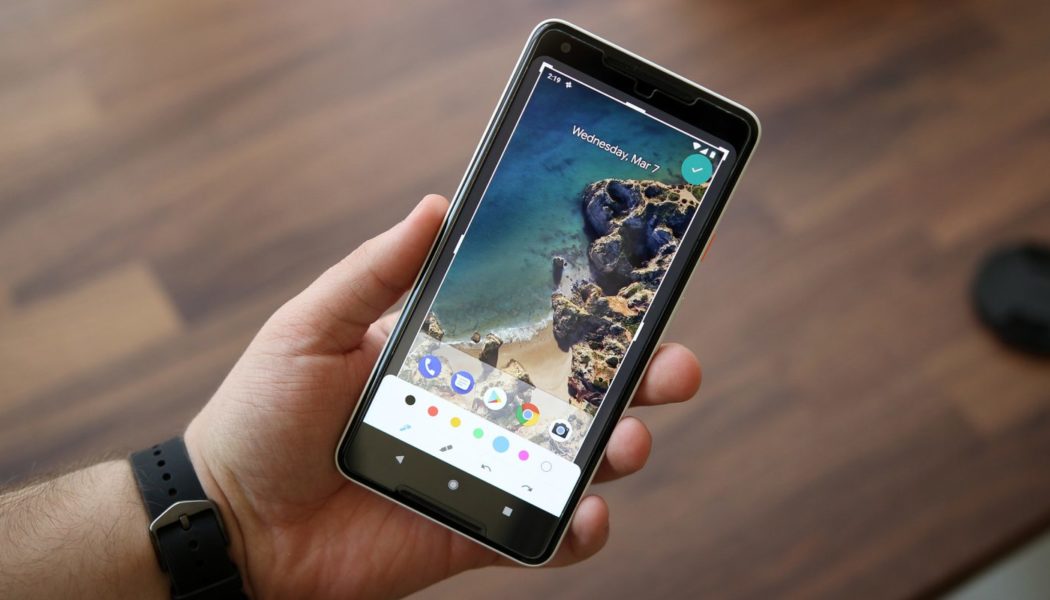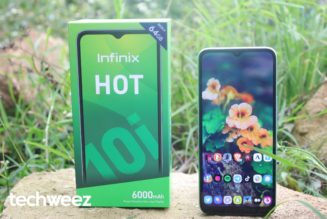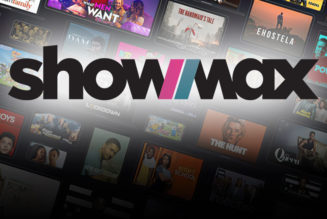/* custom css */
.tdi_4_c5b.td-a-rec-img{ text-align: left; }.tdi_4_c5b.td-a-rec-img img{ margin: 0 auto 0 0; }
New information has emerged from the court case between Fortnite developer and publisher Epic Games and Apple in May.
Specifically, leaked internal company documents shown in court during the case reveal that Apple continued to lose iPhone users over several quarters between 2019 and 2020.
Epic Games vs. Apple
/* custom css */
.tdi_3_e9c.td-a-rec-img{ text-align: left; }.tdi_3_e9c.td-a-rec-img img{ margin: 0 auto 0 0; }
Epic’s suit over Apple was about, what the games publisher believed was, anti-competitive policies in Apple’s infamously rigid App Store. The App Store does not allow app developers to sell directly to users.
The games company publicly lambasted Apple for its stringent App Store policies, but the suit came after Apple allegedly forbade Epic from inserting its loot boxes and other virtual monetization systems (microtransactions) into the iOS version of Fortnite. Systems that net Epic millions upon millions of dollars in revenue for a game that is free to play for all intents and purposes.
In its arguments against Epic, Apple included data which it believes illustrates that users can choose to move to other devices if they felt that the App Store’s policies were too strict. This data shows that there was significant switching of users when iPhone owners purchased new devices.
The Research
A chart was compiled and shared on Twitter by Creative Strategies CEO Ben Bajarin:
Nugget of data on iPhone customers switching platforms came out in the Epic v. Apple trial.
Apple submitted this to show people do switch (even if small) and therefore choice does exist.
Average iOS loyalty over this time period was 81%.
cc @benedictevans @asymco pic.twitter.com/koBSk7bvpK
— Ben Bajarin (@BenBajarin) May 10, 2021
The data shows that, in the third quarter of 2019, 81% of iPhone owners remained with Apple, meaning that 19% moved to other brands. In the fourth quarter of 2020, 14% of users switched with 86% remaining.
Android Loyalty vs iOS Loyalty
Google’s Android OS dominates the operating system market due its immense coverage and presence in most smartphones brands not manufactured by Apple – including Samsung, Huawei, Xiaomi and many others. It is highly likely that users switching from iOS will be using Android on their new devices.
While the California-based megacorp faced hits during the first half of the 2020 financial year in terms of consumer loyalty, it quickly regained some of its customers with iOS loyalty jumping back to 88% in Q3 2020.
Interestingly enough, a recent survey has suggested that brand loyalty is increasing for iPhone and iOS and declining for Android. The survey, carried out by SellCell earlier in March 2021, involved more than 5,000 smartphone users who owned various models of the most popular devices.
Brand loyalty for Apple reached a high of 92%, up from 90.5% in a SellCell survey performed during the same time in 2019. During that same period, Samsung brand loyalty fell from 85.7% to 74% in 2019. The results seem to indicate that iPhone users are 18% more loyal than Android users.
By Luis Monzon
Follow Luis Monzon on Twitter
Follow IT News Africa on Twitter
/* custom css */
.tdi_5_250.td-a-rec-img{ text-align: left; }.tdi_5_250.td-a-rec-img img{ margin: 0 auto 0 0; }











